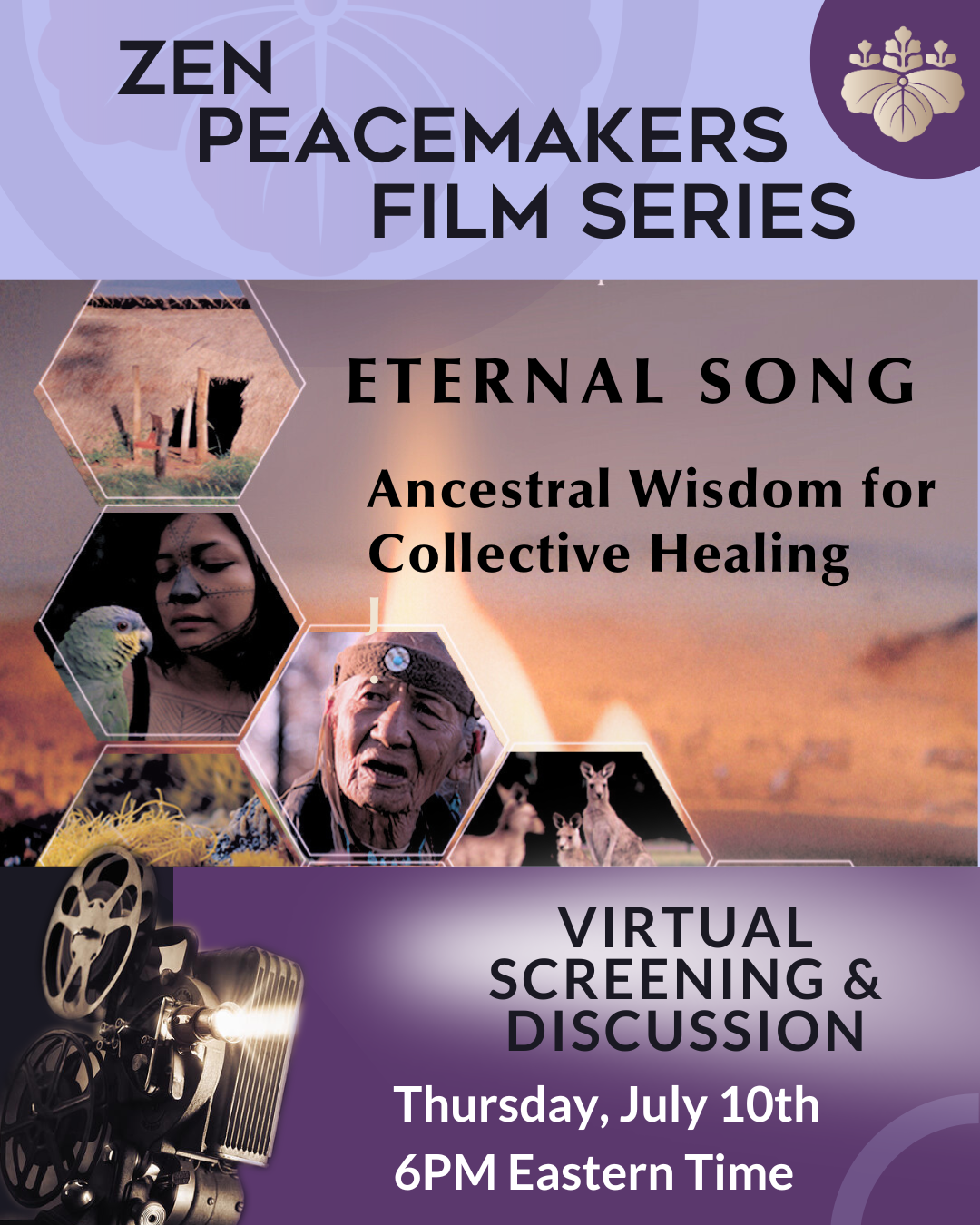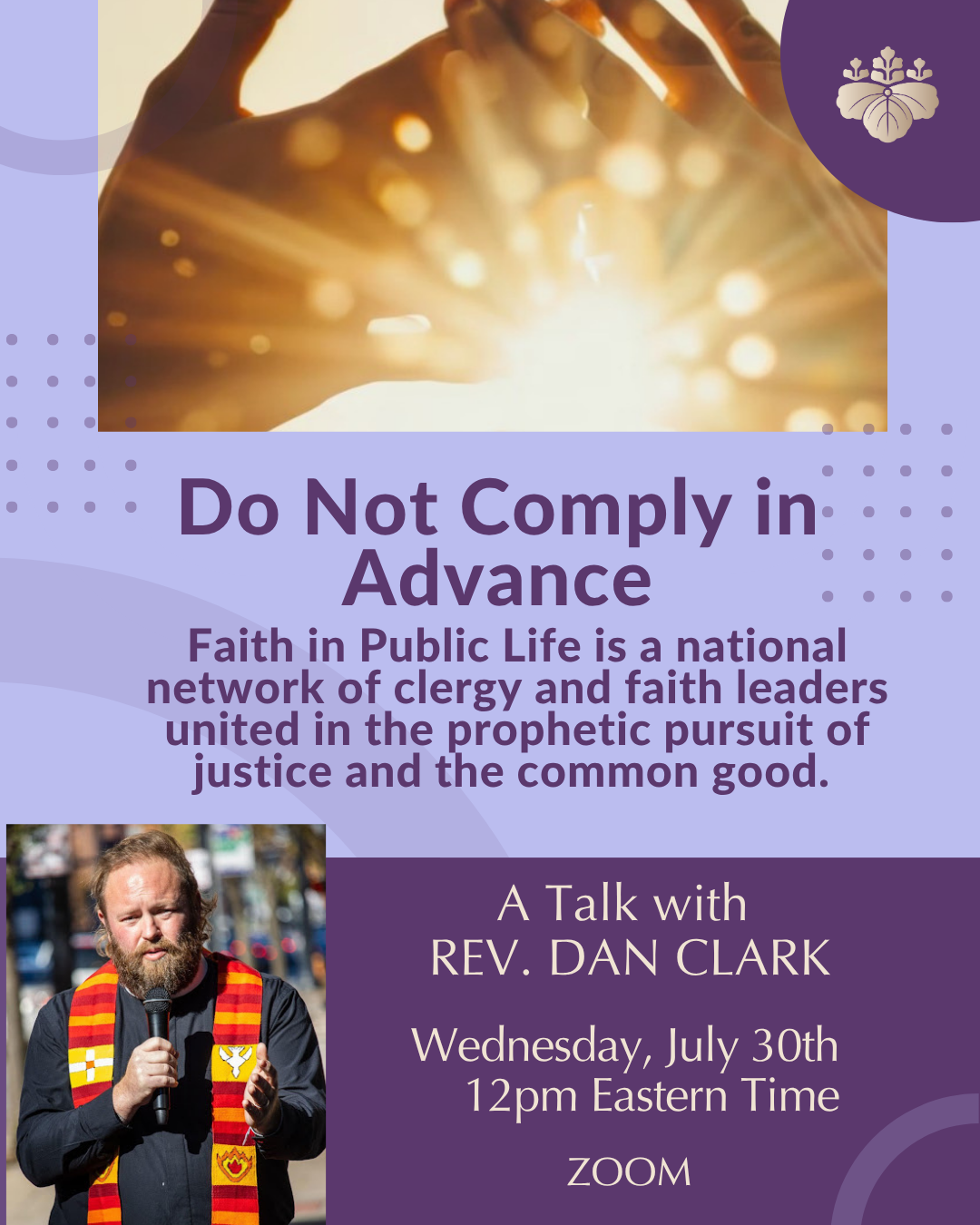This post originally appeared on The Jizo Chronicles on September 30, 2010, written by Maia Duerr
———————-
Okay, we’re going to mix it up a bit today. Lest you think that I am a birkenstock/patchouli-wearing socially engaged Buddhist, it’s important to know that one of my original intentions for The Jizo Chronicles was to give voice to many kinds of engaged dharma, and to demonstrate that it doesn’t all fall into the liberal/progressive camp. And that’s a good thing.
One of the hats I wear is directing the Upaya Zen Center‘s two-year Buddhist Chaplaincy Training Program. I’ve been doing this with Roshi Joan Halifax since the inception of the program in 2008, and it’s one of the most deeply satisfying experiences in my life. One of the students from our first cohort (which graduated this past March) was Dr. Christopher Ford. Chris is a dedicated Buddhist practitioner as well as a brilliant man. A graduate of Harvard, Oxford, and Yale, he served as the U.S. Special Representative for Nuclear Nonproliferation during the Bush Administration and he’s currently a senior fellow at the Hudson Institute. Chris is the author of The Mind of Empire: China’s History and Modern Foreign Relations, and he has a website, New Paradigms Forum.
Chris and I have a lot of affection and respect for each other, even while our perspectives on a number of political issues are often quite different. But I have to say, one paper that Chris wrote while in our program — called “Nukes and the Vow: Security Strategy as Peacework” — really caused me to question a number of my own assumptions, both about nuclear disarmament as well as engaged Buddhism.
Because I know Chris well, because we have practiced alongside of one another, and because I have tremendous regard for both his meditation practice as well as his extensive experience working in the world of government policy and diplomacy, I really sat with challenging questions he posed in this paper. One of Chris’ points is that even as peaceworkers, we should be very wary of being absolutists and “theologizing” the idea of total nuclear disarmament. He goes on to explore why abolition of nuclear weapons may not be the “skillful means” that advocates of nonviolence think it is.
I’m posting two short excerpts from the piece below. It’s a long article, so I’m including a link to the full version as a Word document here: Nukes and the Vow. I hope you take time to read all of it because one piece builds upon another, and it’s important to have the whole context of what Chris is saying. I’m curious to hear what you think about all this, and I send a big bow to Chris for his great heart/mind.
It is relatively easy to vow to save all sentient beings; it is much harder to figure out how best to do it. Engaged Buddhism – that rich field of action in the world that devotes itself to the alleviation of suffering by trying to address unhealthy patterns and structures in human social life – aims beyond merely the transformation of individual hearts. It aspires also to systemic transformation. This inescapably entangles it, however, with quite conventional issues of public policy….
In Buddhist peacework, our lodestar should be fundamental human security, rather than the talismanic presence or absence of nuclear devices per se. If we cannot be reasonably confident of real security in a nuclear-weapon free world, it might be better to have a world with nuclear weapons but in which we can have more such confidence. Depending upon our assessment of the anticipated conditions, in other words, it might be possible to make a Buddhist argument for the retention of nuclear weapons as one constituent element of the global security system. Make no mistake: I do not make such an argument here. Nevertheless, it may be incumbent upon all Engaged Buddhists to be at least alive to this possibility. As the saying goes, the devil is in the details; we should not let either pro- or anti-nuclear knowing get in the way of our employment of skillful means for the alleviation of suffering in this complicated and messy world of international political samsara.



